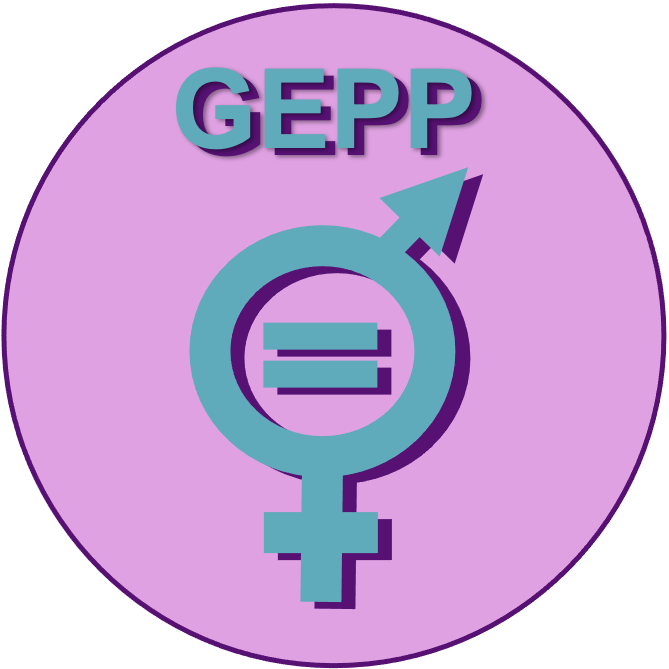Panel put together by: Ana Ballesteros Pena (Complutense University of Madrid), María Bustelo (Complutense University of Madrid) and Amy Mazur (Washington State University)
This panel seeks to explore a highly overlooked sector of the public intervention from a feminist and gender approach: penality policy. It contributes to expanding a new line of critical policy studies that focuses on punitive and coercive power of the state from a feminist approach. We expect that the panel will allow contributors to critically think about different policies of coercion considering this fundamental question: is it really possible to achieve gender transformation with public policies with penal and punitive components? If so, what should they look like? If this is not possible, what kind of gender transformative policies would states need to do to substitute, reduce or eliminate these penal policies? With the panel, we want to encourage an interdisciplinary dialogue between feminist comparative policy analysis theories and concepts and other disciplines, such as sociology, anthropology, psychology, criminology and penal law that have been analyzing penal and coercive policies from different angles. It will represent a promising pathway to overcome limitations of theory and practice and go beyond the existing state of the art.
The constant mutation of the penal power of the state and the emerging and constantly growing punitive and coercive responses to social changes, economic recessions and global mobility justifies the inclusion and the need to see the penality field beyond traditional penal institutions, such as prisons. Penality policies include a set of public interventions that use different legal mechanisms to control, detain, supervise and punish people and that, as a result, involve restrictions of rights, freedom and mobility. Feminist penality policy consists of a broad policy sector comprising public initiatives that try to reduce gender inequality and discrimination within state actions involving penal and coercive components. Adopting an intersectional lens, feminist penality takes into account the ways in which all of these subsectors generate multiple and particular oppressions to certain groups of women, such as different ethnic and racial groups, foreigners and sexual and gender minorities.
Although these policies have clear gender implications, research on comparative gender policy that has mapped and assessed the formulation, implementation and impact of a wide range of policies that explicitly promote gender rights and equality has paid little attention to feminist policies that involves coercive components of the state, with a few exceptions.
We welcome proposals on the Global North and the Global South and those including an intersectional approach. We seek to receive papers that consider different phases of the policy process: from formulation to post-adoption, including implementation and evaluation. Examples of specific policies to cover include:
- Criminal law and sentencing.
- Policing policy.
- Prison policies, such as community sanctions, open prisons, electronic monitoring, etc.
- Immigration detention and border control policies, including the changing forms of containment international mobility, such as hotspots, refugee camps, etc. and forms of supervising migrants in the community.
- Social policies and gender equality policies, particularly, when affecting certain ethnic and racial groups, foreigners, sexual and identify minorities, etc.
Please send a title and short abstract (max. 350 words including the title), along with your name and affiliation to Ana Ballesteros (aballe05@ucm.es), no later than December 1st.
